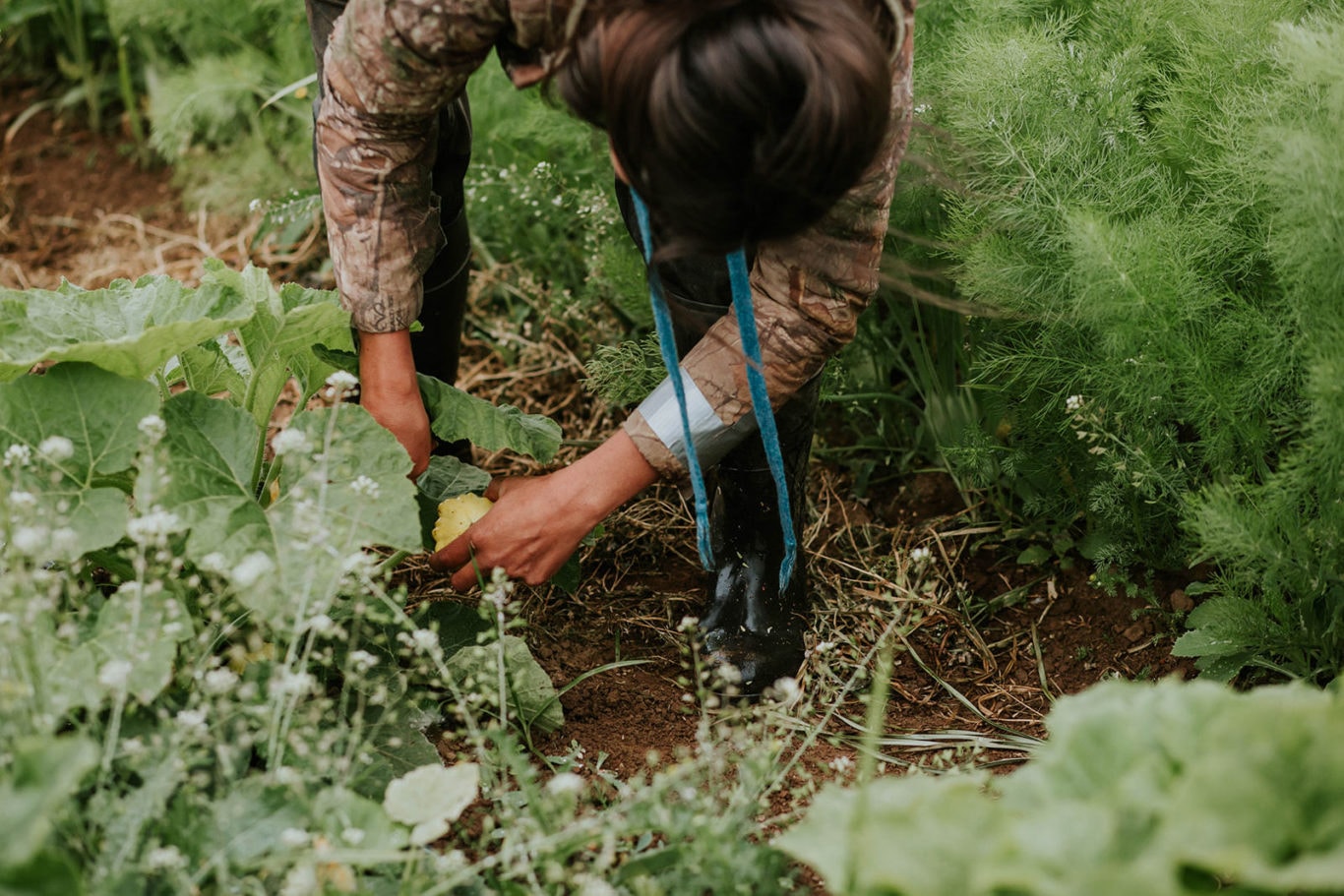Land, culture and food: A three-part series on the connection between decolonization and food justice
Land, culture and food: A three-part series on the connection between decolonization and food justice
Our work for food justice is closely linked to decolonization. We can’t end hunger without understanding colonization’s impact, working to undo it in our food systems, and restoring Indigenous sovereignty.
In this three-part series, we will look at how colonization impacts today’s food systems — from seed to plate — and how its lasting harms have caused hunger in Indigenous communities. We will share specific ways to decolonize our food systems and work toward food justice — such as supporting the Land Back and Just Transition movements, investing in Native fishers and organizing for Indigenous language justice. And we will learn from Indigenous leaders, recognizing that those who experience hunger hold the best solutions.
Finally, we will offer ways to keep learning and take action, as decolonization is an ongoing, daily process of learning and action.
Part one: What is colonization? Decolonization? And how do they relate to food justice?
Part two: Decolonizing food systems with Indigenous practices and First Foods
Part three: Food justice means centering Indigenous leadership
